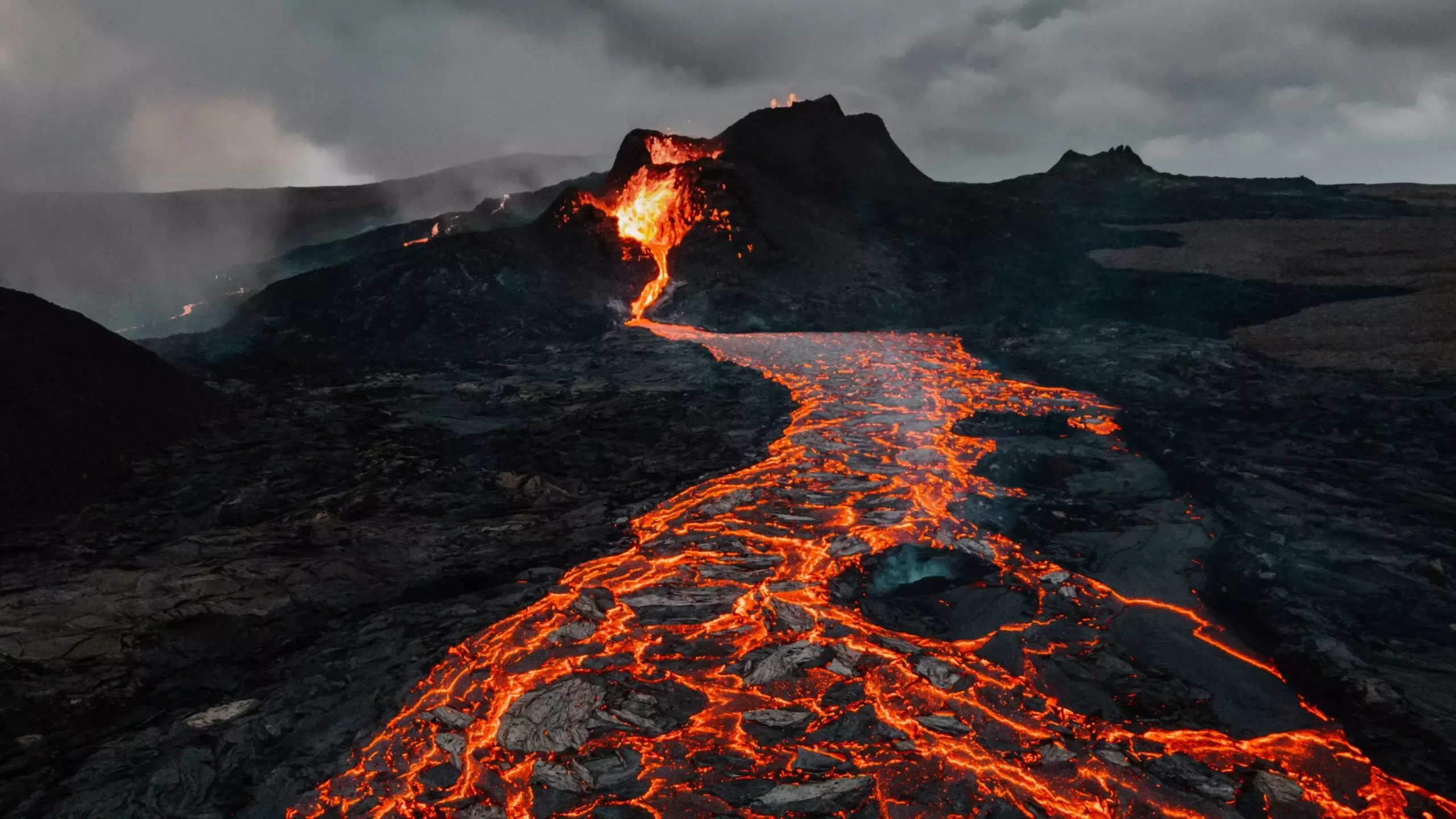Exploring the impact of natural disasters on Earth’s climate has long been a focus of scientific research. One such phenomenon that has shaped the planet’s geological history is volcanic eruptions. These events have had far-reaching consequences, releasing vast amounts of carbon into the atmosphere and oceans, ultimately leading to rapid climate warming and mass extinctions in both land and marine ecosystems.
A recent study conducted by Earth and environmental scientists at ETH Zurich, in collaboration with researchers from various institutions worldwide, delved into how vegetation responds and evolves in the face of major climatic shifts caused by volcanic activity. By analyzing geochemical data from sediments and developing a specialized model, the research team investigated three significant climatic shifts in Earth’s history, including the Siberian Traps event that triggered the Permian-Triassic mass extinction over 250 million years ago.
The study revealed that the severity of climatic disruptions resulting from volcanic eruptions is closely tied to how quickly emitted carbon can be sequestered back into Earth’s interior. This carbon removal process, whether through silicate mineral weathering or organic carbon production, plays a crucial role in stabilizing Earth’s atmosphere and mitigating the effects of extreme climate warming. Researchers also noted that the ability of vegetation to adapt to increasing temperatures impacts the time needed for the climate to reach a new equilibrium state.
Implications for Climate Change
Drawing parallels between past geological events and current human-induced climate change, the study highlighted the importance of a well-functioning vegetation system in regulating Earth’s carbon cycle. The disruption of natural ecosystems, through factors like deforestation and greenhouse gas emissions, can significantly hinder the planet’s ability to recover from abrupt climatic changes. This, in turn, prolongs the duration and intensifies the severity of climate warming, potentially leading to long-term destabilization of Earth’s climate system.
As we navigate the complexities of climate change and its impact on our planet, understanding the role of past geological events, such as volcanic eruptions, can provide valuable insights for shaping future strategies for environmental conservation and sustainability. By promoting the resilience of natural ecosystems and fostering a deeper appreciation for the interconnectedness of Earth’s climate systems, we can work towards a more stable and balanced coexistence with our planet.


Leave a Reply